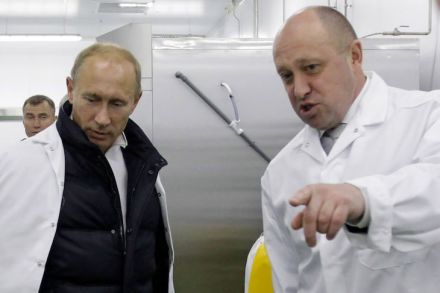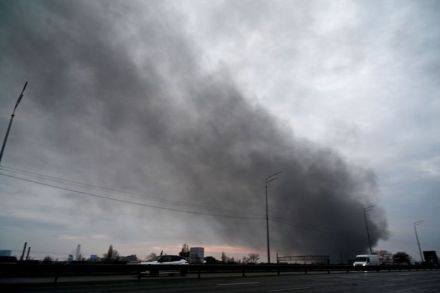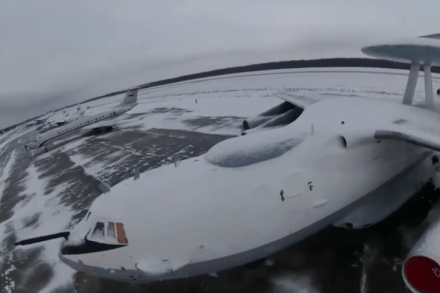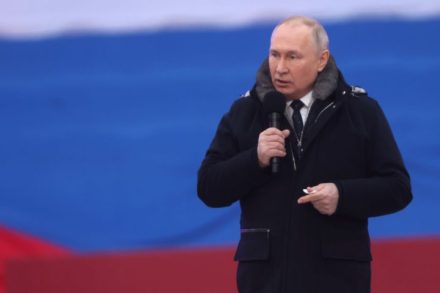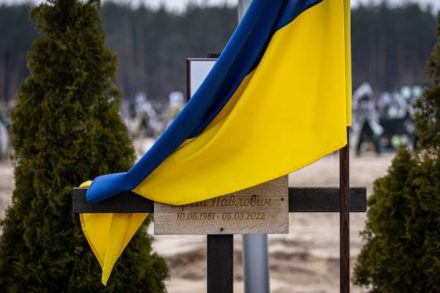Were Ukrainians behind the Nord Stream bombings?
Vladimir Putin has his story, and he’s sticking to it: the destruction of three of the four Gazprom-owned Nord Stream pipelines on 26 September 2022 was the work of the American government. Speaking to reporters in Siberia last week, Putin insisted that the Nord Stream attacks had been carried out on a ‘state level’ and dismissed as ‘sheer nonsense’ a slew of recent stories pointing the finger at a group of freelance, Ukrainian-backed divers operating off a small hired yacht. But reported facts have been stacking up against Putin’s version of events. Earlier this month, the New York Times published a detailed investigation that suggested that the blasts were, in fact,



